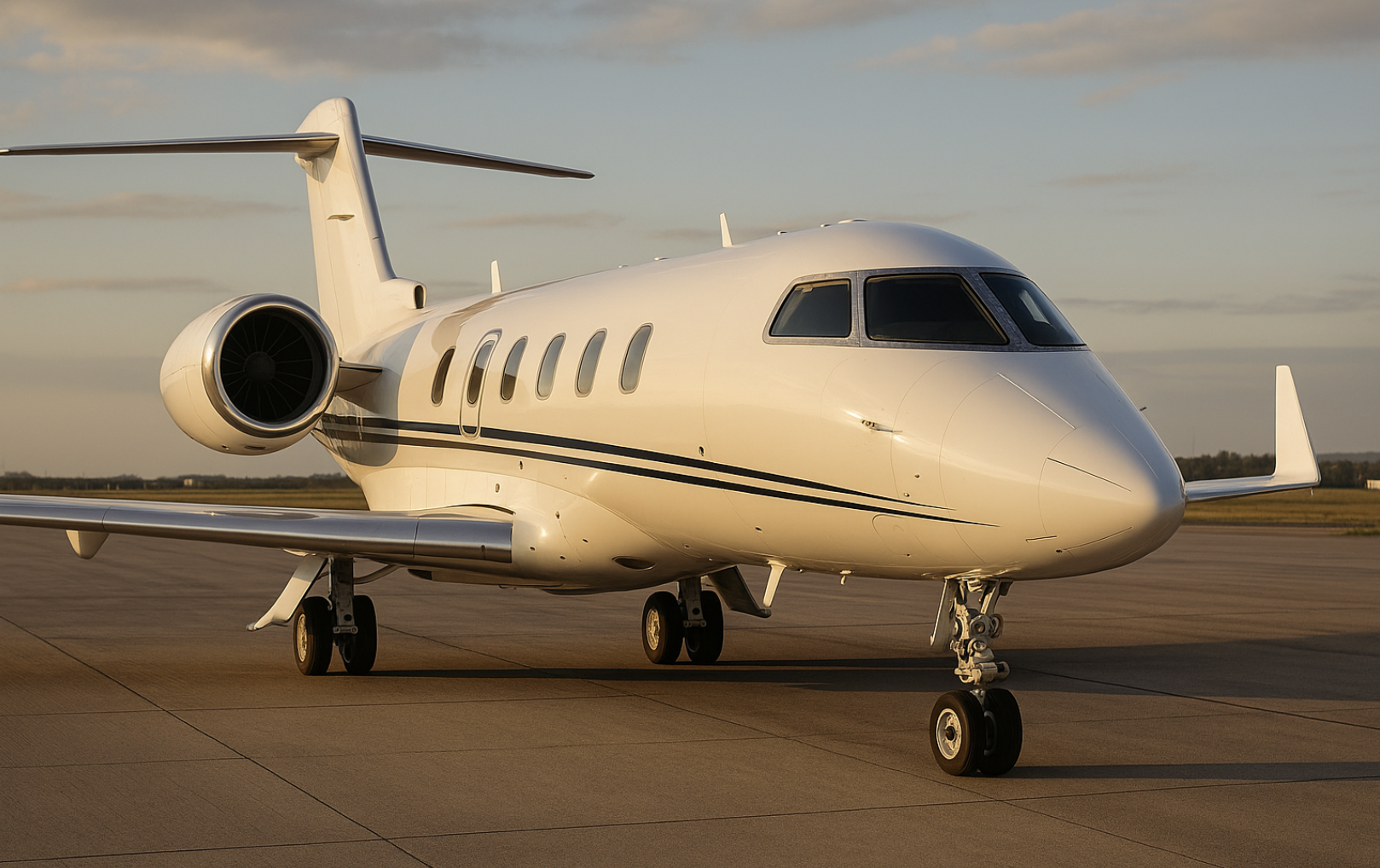What created the pilot shortage anyways?
In recent years, the aviation industry has been facing an unprecedented challenge – a worldwide pilot shortage. This issue, which has garnered significant attention and concern, has the potential to impact air travel, safety, and the overall growth of the industry. In this blog post, we will explore the reasons behind the pilot shortage, its implications, and potential solutions.
The Changing Landscape of Aviation:
The aviation industry has experienced remarkable growth over the past few decades. Emerging economies, an expanding middle class, and increased global connectivity have led to a surge in air travel demand. As a result, airlines have been expanding their fleets and routes, creating a need for more pilots to operate these aircraft.
Reasons behind the Pilot Shortage:
Retirement of Experienced Pilots: One significant factor contributing to the pilot shortage is the retirement of experienced pilots. In many countries, a large cohort of pilots from the baby boomer generation is reaching the mandatory retirement age, leaving a void that is challenging to fill with an adequate supply of newly qualified pilots.
High Training Costs: Becoming a pilot requires substantial investment in training, including flight school tuition fees and the cost of acquiring flight hours. These expenses can be a significant barrier for aspiring pilots, discouraging many from pursuing a career in aviation.
Regulatory Requirements and Qualifications: Aviation authorities enforce stringent regulations and qualifications for pilots, ensuring safety standards are upheld. While these requirements are crucial for the industry's safety, they can also lengthen the path to becoming a pilot, deterring potential candidates from pursuing aviation as a career.
Industry Expansion Outpacing Pilot Supply: The growth of the aviation industry has outpaced the rate at which new pilots are entering the profession. Despite efforts to increase pilot training capacity, it takes time to train and qualify pilots, leading to a gap between the demand and supply of pilots.
Implications of the Pilot Shortage:
Flight Schedule Disruptions: Airlines may face challenges in maintaining regular flight schedules due to a lack of available pilots. This can result in flight cancellations, delays, and inconvenience for passengers.
Increased Costs: The pilot shortage can drive up the costs of pilot recruitment, training, and retention for airlines. Moreover, airlines may have to offer more competitive salary packages to attract and retain qualified pilots.
Impact on Safety Standards: Maintaining high safety standards is a priority in aviation. The shortage of experienced pilots may put additional pressure on airlines to recruit less-experienced pilots, potentially impacting safety until they gain sufficient experience.
Solutions to Address the Pilot Shortage:
Improved Recruitment and Retention: Airlines can focus on attracting more individuals to pursue careers in aviation through partnerships with flight schools, scholarships, and mentorship programs. Enhancing pilot compensation and creating career development pathways can also help with pilot retention.
Streamlined Training Pathways: Collaboration between aviation authorities, flight schools, and airlines can help streamline pilot training programs, making them more affordable, efficient, and accessible to aspiring pilots.
Embracing Technological Innovations: Advancements in aviation technology, such as flight simulators and virtual reality training, can aid in more cost-effective and efficient pilot training, reducing the financial burden on aspiring pilots.
Global Collaboration: The pilot shortage is a global issue that requires collaboration between governments, aviation authorities, and industry stakeholders. International cooperation can help streamline licensing and certification processes, enable better sharing of pilot resources, and address the shortage collectively.
The global pilot shortage poses a significant challenge for the aviation industry, with implications for air travel, safety, and economic growth. Addressing this issue requires a multi-faceted approach involving improved recruitment and retention strategies, streamlined training pathways, embracing technology, and global collaboration.
‹ Back







